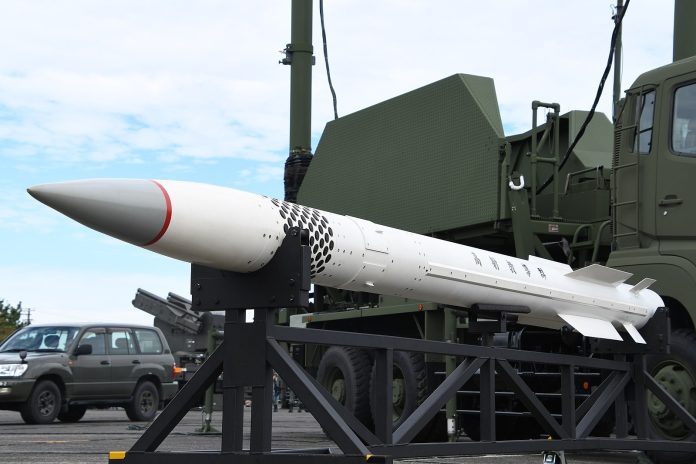Stocks of missiles in the United States are rapidly declining as the Pentagon faces unprecedented demand for interceptors in connection with conflicts in Europe, the Middle East and threats in the Pacific. According to The Wall Street Journal , this situation casts doubt on the United States's ability to defend its allies and be ready for a possible large -scale conflict.
Obracy missiles have become the most popular ammunition in crisis areas. Israel and other US allies in the Middle East region are currently faced with a growing threat from Iranian missiles and drones. After recent Israeli actions in response to Iranian attacks, the Pentagon is preparing for a possible new wave of blows from Tehran. In these circumstances, the stock of standard Standard Missils missiles used to intercept threats is rapidly depleted.
Against the background of the war in Ukraine and the unstable situation in the Middle East, the active use of American missiles is concerned about their ability to respond to new threats. Analysts, including Elias Yusif from the Stimson Center, emphasize that the United States does not have an industrial base capable of meeting the need for a large -scale war for exhaustion in several regions. This can make the country vulnerable to potential conflicts in the Pacific, especially in the case of increased aggression from China.
"We spend the year on the production of Standard Missils missiles, which should be part of the re-equipment in the event of China's aggression," -said Rear Admiral Mark Montgomery from the Democratic Protection Foundation. Therefore, providing assistance to allies in various conflicts threatens the US readiness to respond to other possible military challenges.
The increase in weapons production was a difficult task for the US military-industrial complex. Companies require the expansion of capacity, which provides for the opening of new production lines, hiring employees and significant investments. However, manufacturers are not always ready to invest without guaranteeing long -lasting pentagon orders.
The missile deficit is questioning the United States's ability to respond in a timely manner to threats to its allies, such as Israel, which regularly faces attacks by Hussites and Proiganian forces in the Red Sea. In the case of escalation in the Middle East, the Pentagon will have to make decisions on which priority areas to focus limited resources.
In the face of exacerbation of geopolitical stresses, the United States may find themselves in a situation where the strategic stock of weapons will not be able to meet the needs of defense in Europe and the Middle East or the Pacific. This encourages the Pentagon to review plans and priorities, as well as to develop new ways of preparing for protracted conflicts that, as it turned out, the country's defensive infrastructure is not ready.


